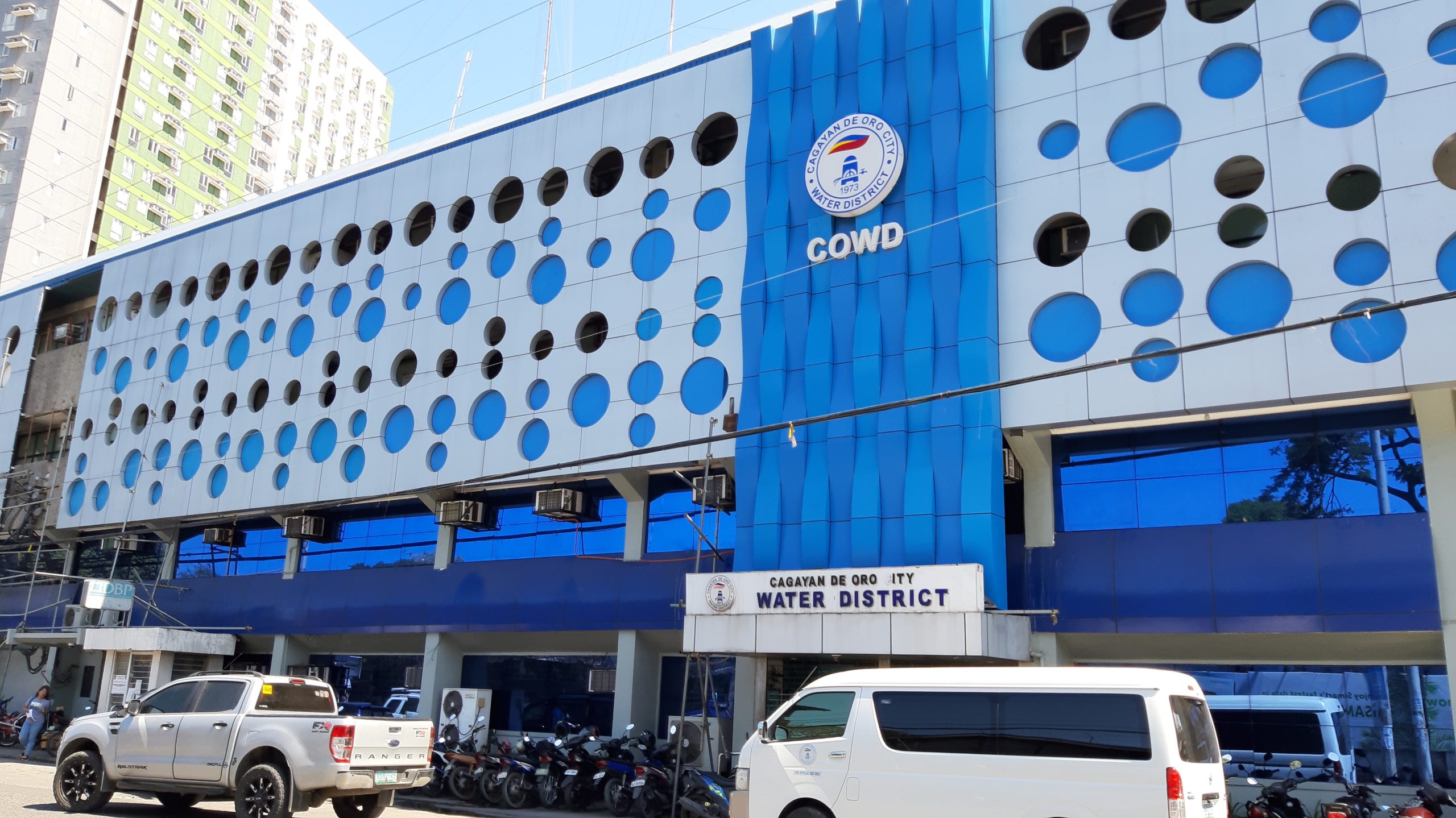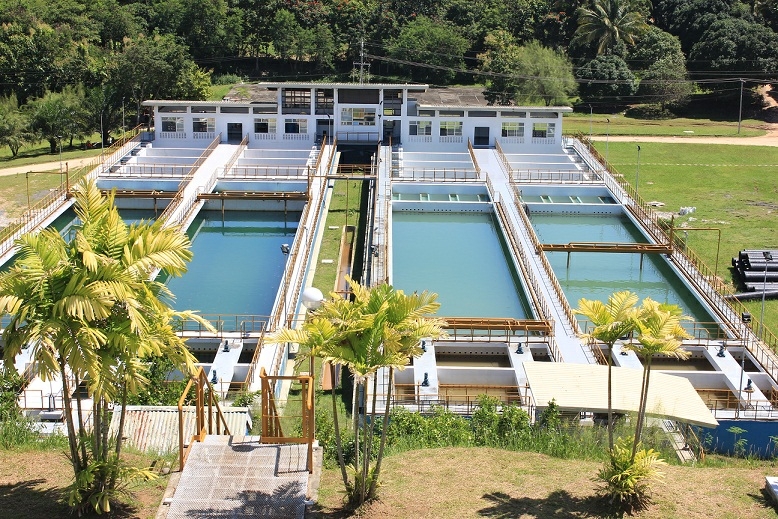CHIEF Justice Maria Lourdes Sereno yesterday returned to the Supreme Court, ending her indefinite leave that started March 1.
Lawyer Jojo Lacanilao, one of Sereno’s spokespersons, said, “The Chief Justice is in front of me and now inside her office. She arrived around 7:30 am.”
Sereno went to the high court intending to resume her duties as Chief Justice.
The embattled top magistrate’s return to work comes before the SC’s conduct of a special en banc session to discuss the quo warranto petition filed against her by Solicitor General Jose Calida.
In an advisory posted on the SC Public Information Office’s Twitter account, Justice Antonio Carpio announced that SC would hold a special en banc session at 10 am tomorrow.
“Further advise will be given on that day as to whether there will be a media briefing thereafter,” reads part of the advisory.
Sereno earlier said she would use her leave of absence to prepare her legal defense in her impeachment case once it reaches the Senate.
The Chief Justice is facing impeachment trial for alleged culpable violation of the Constitution, corruption, other high crimes and betrayal of public trust.
The complaint was filed by lawyer Larry Gadon who alleged that Sereno did not declare in her mandatory statement of assets, liabilities and net worth the “exorbitant lawyer’s fees” of US$745,000 or P37 million which she received from the government.
Gadon also alleged that Sereno committed corruption when she, among other things, used public funds to finance extravagant and lavish lifestyle by ordering the purchase of a brand-new luxurious Toyota Land Cruiser 2017 model as her personal vehicle amounting to over P5 million, and to stay in opulent hotels when attending conferences in the country and abroad.
On Tuesday, Sereno shrugged off calls for her resignation, stressing that such gesture would be an act of cowardice.
“The resignation has no sense. That’s only for cowards. We need to have brave heroes, not just one, but millions of them,” Sereno said in a forum.
Sereno made the statement in response to fresh calls from some SC officials and employees for her to step down from the judiciary’s top post.
Sereno, meanwhile, said she was not closing her doors to serving the country regardless of the decision of the SC on the quo warranto petition seeking to oust her from office.
Asked if she has plans running for the Senate in next year’s mid-term election, Sereno replied “I have no plans regarding that matter yet.”
Sereno also said the decision over the quo warranto petition should be based on the Constitution, the law, and the right process that is clearly stated in the Constitution itself.
Meanwhile, Vice President Leni Robredo has reminded the public that the courts are still the people’s final protection against abuse.
In a forum on the Philippine justice system, Robredo said the courts were established “to protect the ordinary people and not to be used as weapons by those who have power.”
Robredo said most people today are focused on many issues that they fail to see the real function of the judiciary.
“We must remind everyone that a judiciary is not just about a voluminous largely incomprehensible set of rules administered through an institution saddled with formality and ceremony. Rather, a judiciary is an institution whose independence is critical in protecting our people even those who are in power,” she said.
Robredo said powerful political figures should not be treated by the public as the last bastion of justice, noting that the people “would have to rely on the courts’ independence to protect them and give them justice.”
Many instances in history show the SC’s protective power, she added.
“In 1952, they involved the universal declaration of human rights to free a foreign national from detention by the Department of Justice. In 1984, it invalidated the seizure of printing equipment and press materials belonging to We Forum, an opposition newspaper, by the Philippine Constabulary, and the interesting thing is that this happened under the Marcos regime,” Robredo said.
“In 2003, the Supreme Court invoked equity and international law to protect people’s rights against illegal searches and seizures. In 2006, the Supreme Court upheld the freedom of assembly by declaring invalid then President Gloria Macapagal-Arroyo’s policy of calibrated pre-emptive response which banned rallies without permits. In each of these examples, the Supreme Court shone in its finest hours protecting our people, even in those in power,” she added.
Robredo said she hoped the SC would do what is needed to protect the independence of the courts and the judicial system amid the many justice and human rights issues in the country today. (pna)
Disclaimer
Mindanao Gold Star Daily holds the copyrights of all articles and photos in perpetuity. Any unauthorized reproduction in any platform, electronic and hardcopy, shall be liable for copyright infringement under the Intellectual Property Rights Law of the Philippines.











